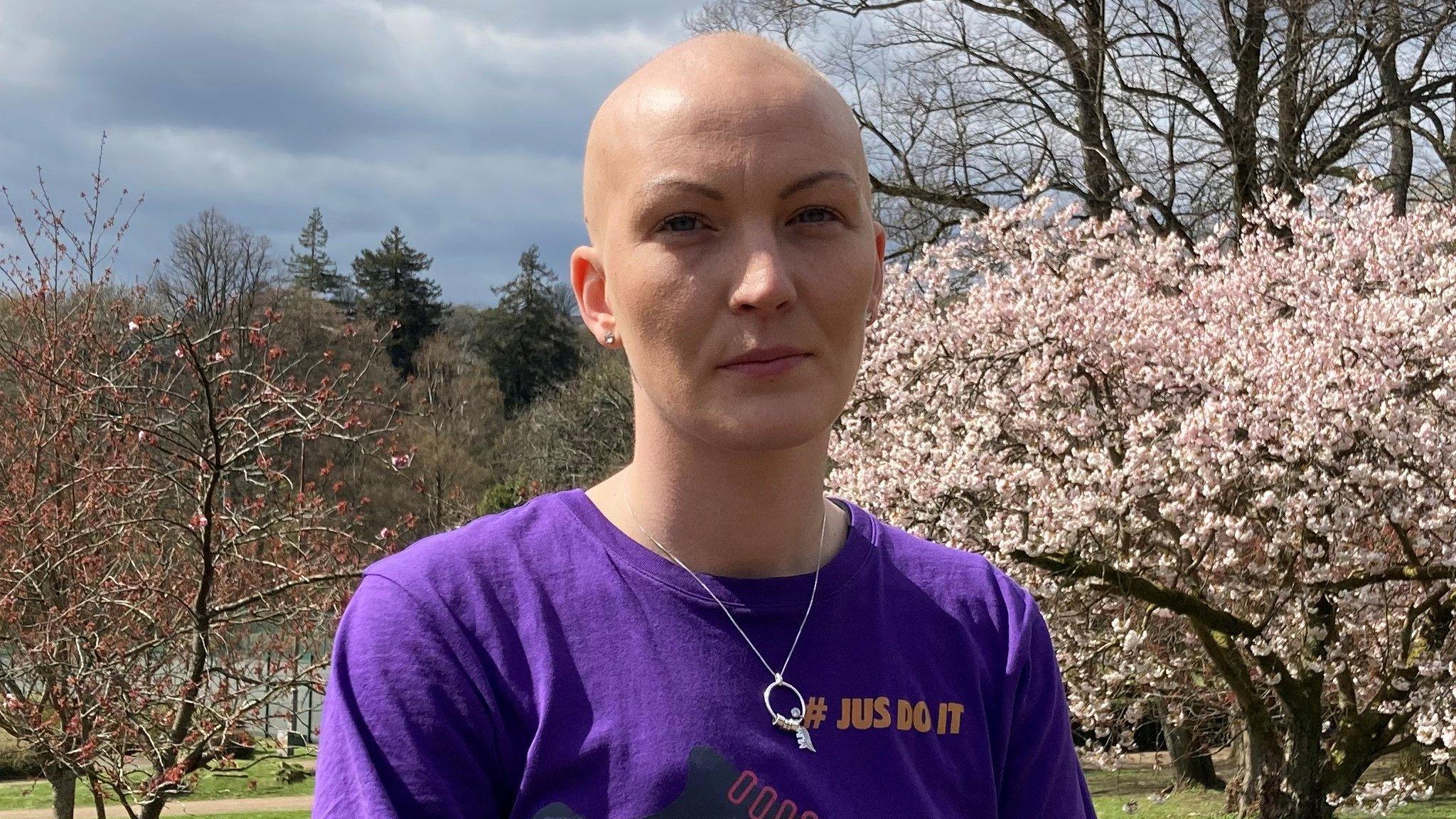Rare condition SMAS left woman in 'excruciating' pain for 16 months
- Published
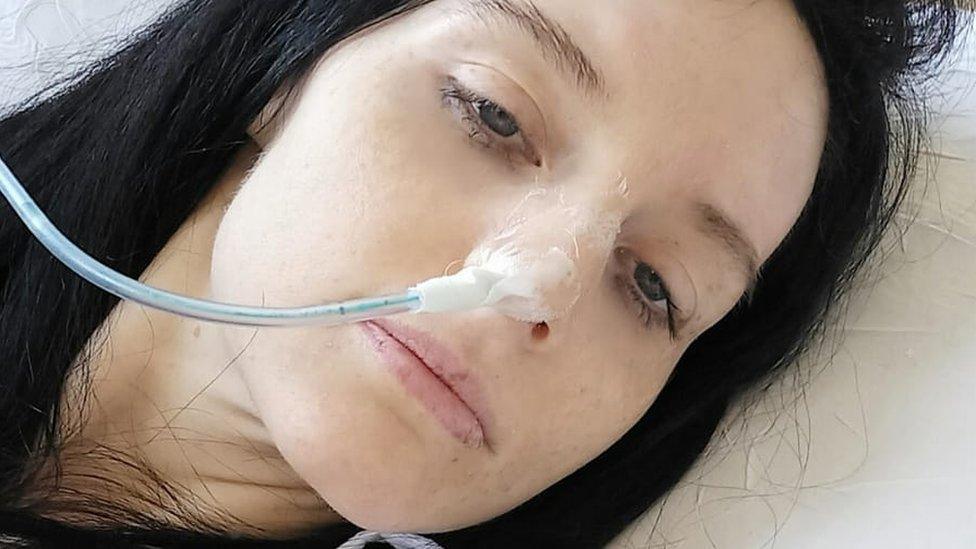
Rebecca Bostock, from Winchcombe in Gloucestershire, said she was in pain for 16 months
A rare, undiagnosed medical condition left a woman in "excruciating" pain for 16 months before an emergency operation saved her life.
Rebecca Bostock began to experience stomach swelling and had problems keeping down food in January 2020.
The mystery complaint was eventually found to be Superior Mesenteric Artery Syndrome (SMAS) when she was rushed into hospital on Good Friday this year.
"I don't want anyone to go through what I went through," she said.
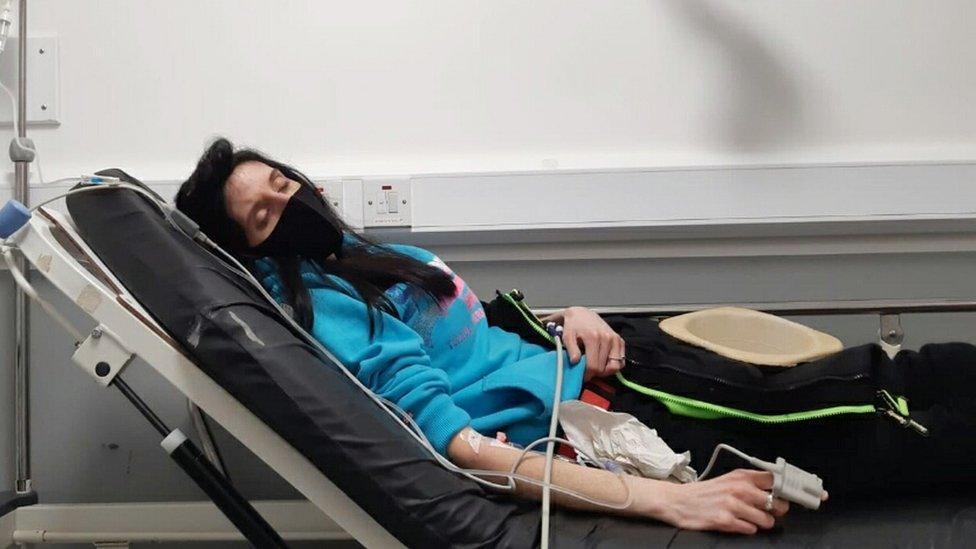
The 32-year-old underwent an emergency operation after her stomach swelled up so much she was struggling to breathe
Ms Bostock, 32, underwent the emergency operation at Gloucestershire Royal Hospital where nurses told her they had only treated three cases of SMAS in 27 years, and that the condition affects fewer than 1% of the population.
She was told that if she had not been rushed into hospital for treatment on that day, then she may not have survived.
"My stomach was swollen so much that I couldn't breathe, I was being sick and couldn't keep any medication down," she said.
"I was on a downward spiral. They took me into imaging and diagnosed SMAS and I was taken away for the operation.
"They said I needed the operation straight away or I wouldn't survive even a couple more hours," she said.
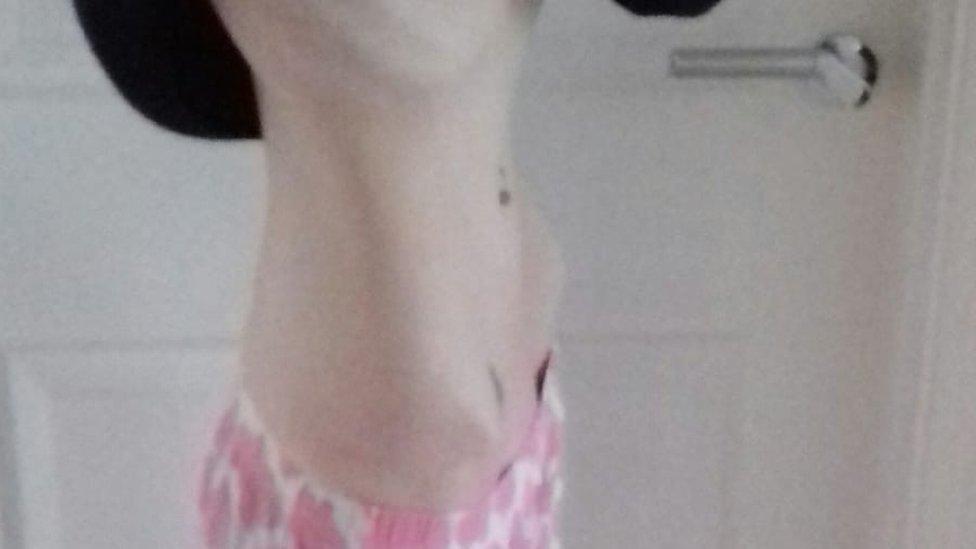
Rebecca's weight dropped by almost three stone as her body rejected food
Before the operation, Ms Bostock, from Winchcombe, said she had been in pain for 16 months, with stomach swelling, fever, sickness, diarrhoea and dizziness. She also lost almost three stone in weight.
She visited GPs and the emergency department several times but was told the pain was likely to be caused by endometriosis or irritable bowel syndrome.
"I was referred to a gynaecologist around the time of the first lockdown but everything shut down and I didn't see one for months.
"I was advised to change my diet, which seemed to help at first, but then the symptoms deteriorated again to the point where I struggled to walk and couldn't breathe."
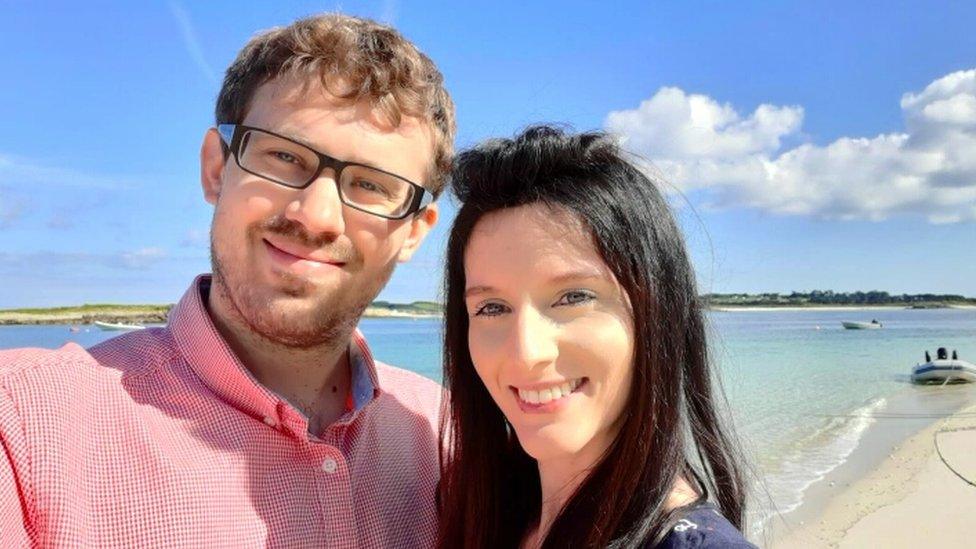
Ms Bostock was taken to hospital by fiance Chris Turton on Good Friday when her condition worsened significantly
SMAS is a condition affecting the digestive system, which occurs when part of the small intestine is compressed between two arteries, causing a partial or complete blockage.
The operation involved releasing the blockage to open the pathway, or "re-plumbing" the stomach as Ms Bostock was told by her surgeon.
She is still unable to eat solid foods but hopes to introduce them to her diet soon and wants to raise awareness of the rare condition so that others can learn to spot the signs earlier.
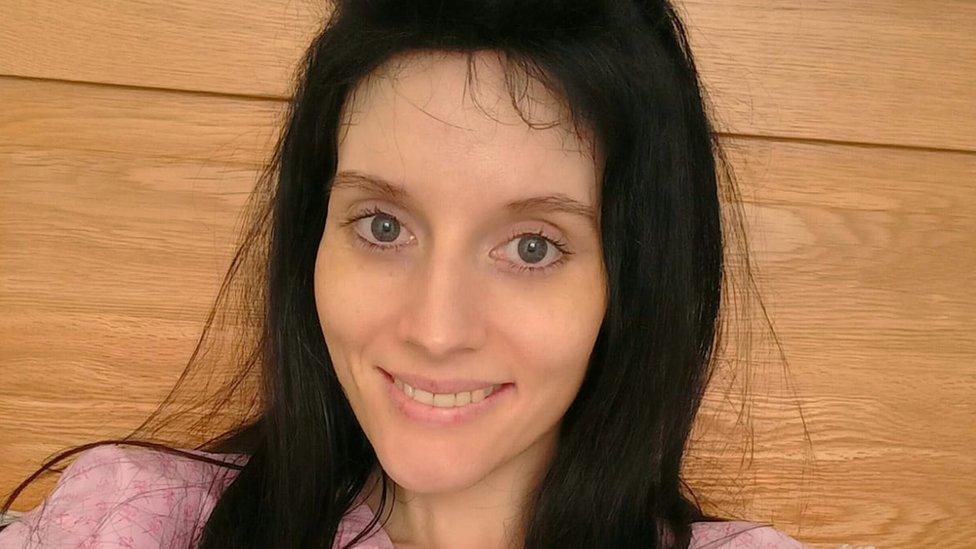
Rebecca hopes to use her experience of suffering from the condition to prevent others having to go through what she did
"I want to tell my story to raise awareness I feel blessed and relieved," she said.
"I'm so thankful to the doctors and nurses who saved my life. I get so emotional thinking about it and I can't thank them enough.
"It is so rare and even doctors don't know about it, so helping people to spot the signs and be able to rule it out is so important."

Follow BBC West on Facebook, external, Twitter, external and Instagram, external. Send your story ideas to: bristol@bbc.co.uk , external
Related topics
- Published19 November 2020

- Published23 November 2015
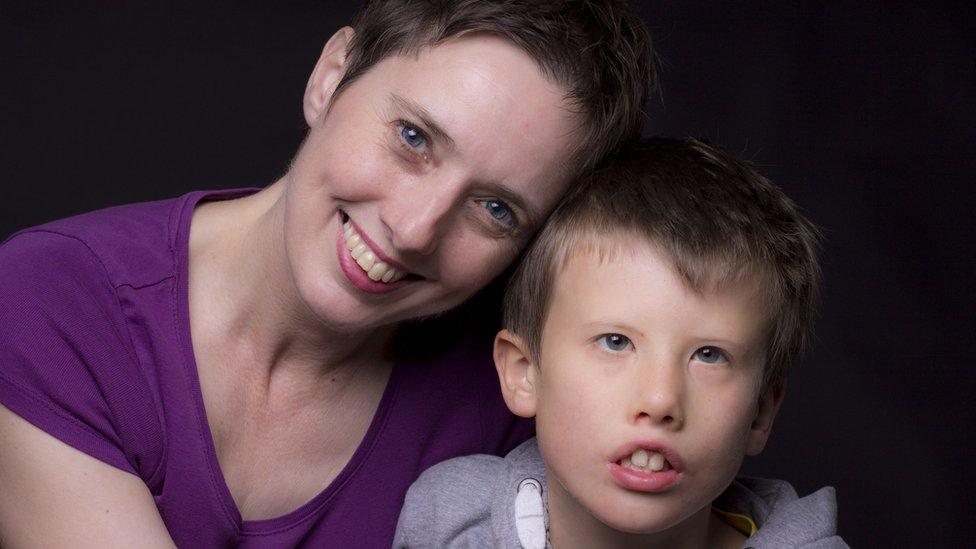
- Published15 August 2017
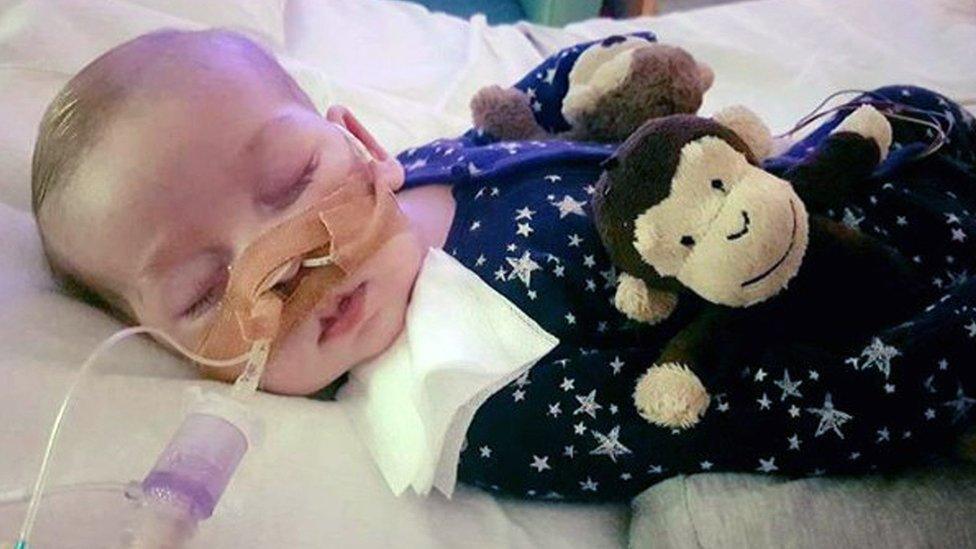
- Published25 August 2016
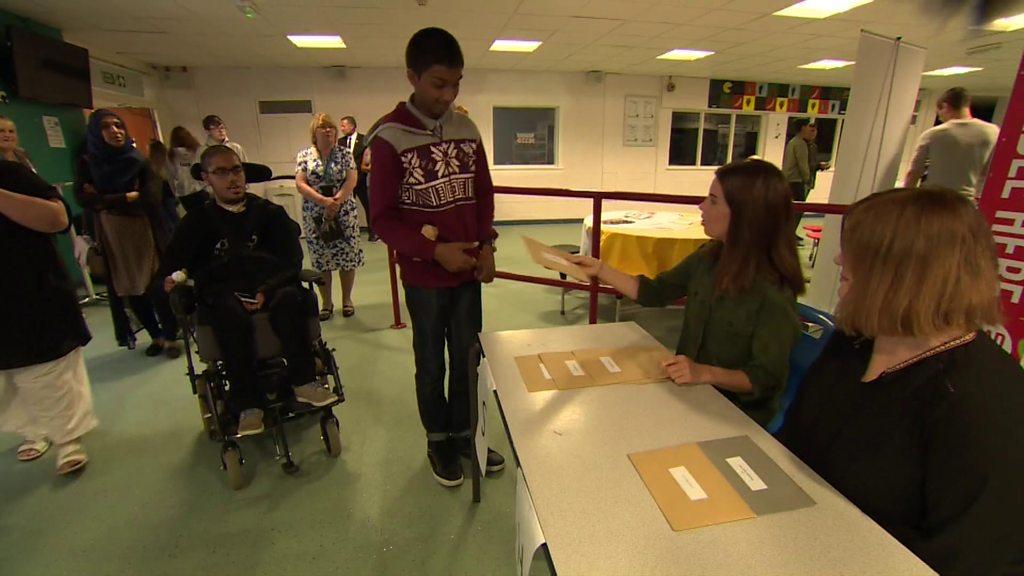
- Published14 April 2021
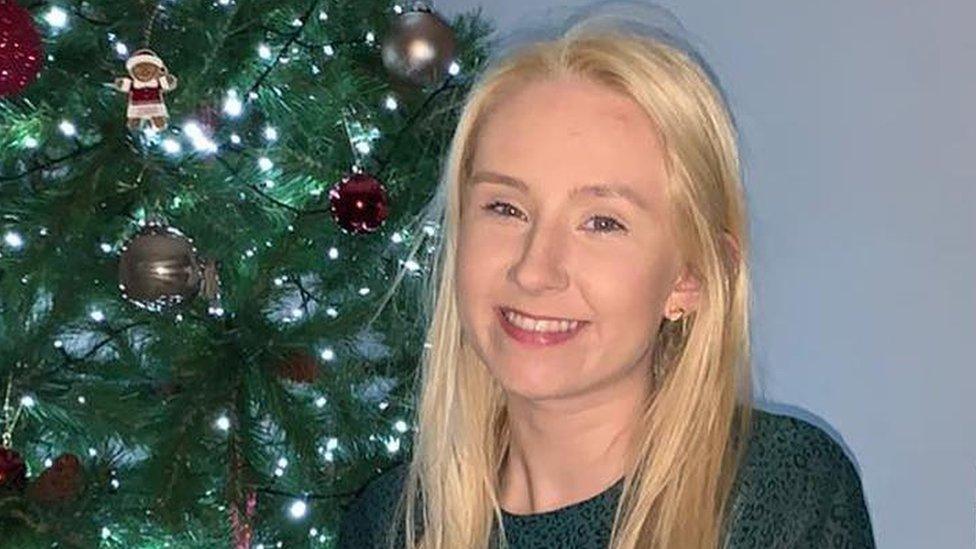
- Published14 April 2021
